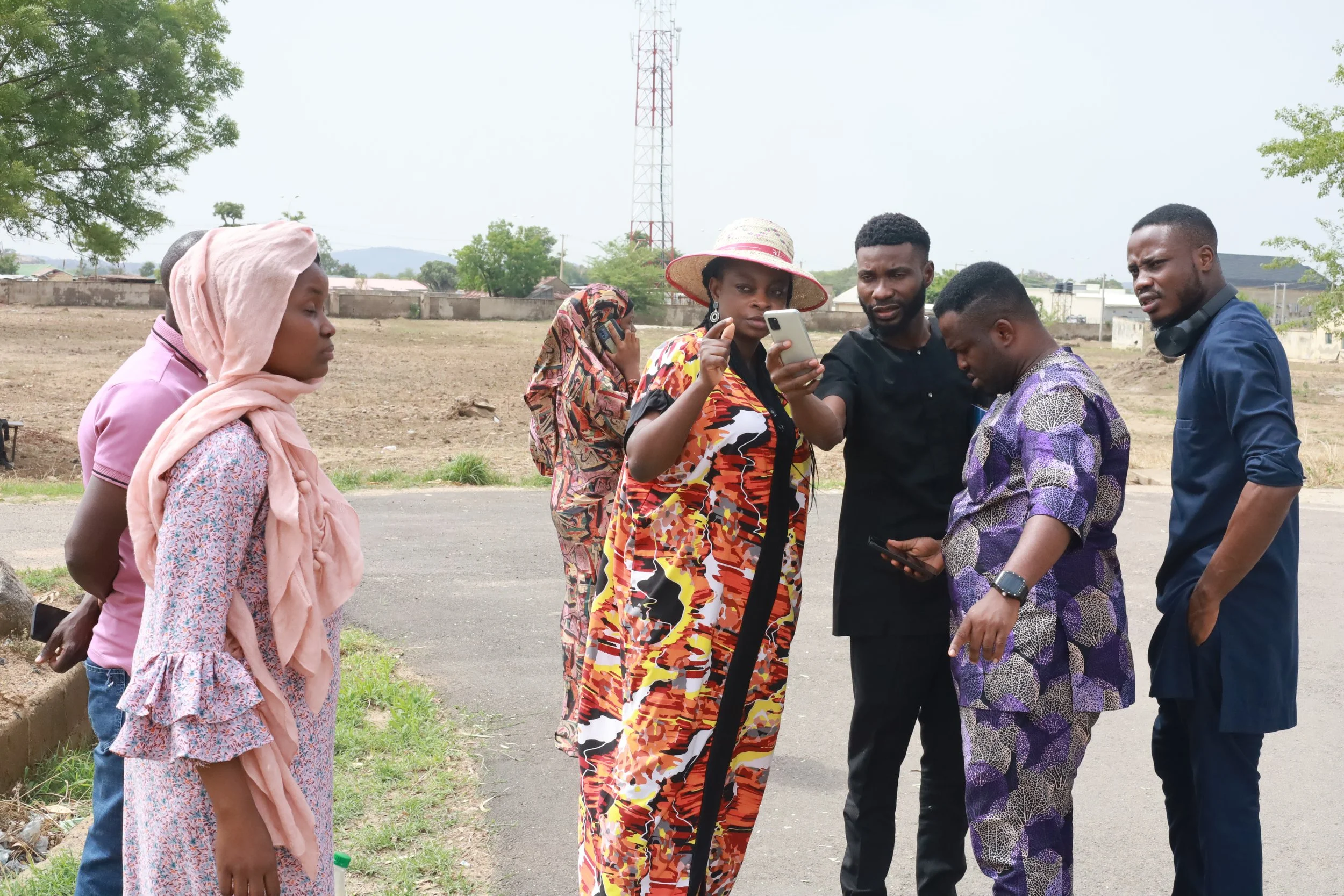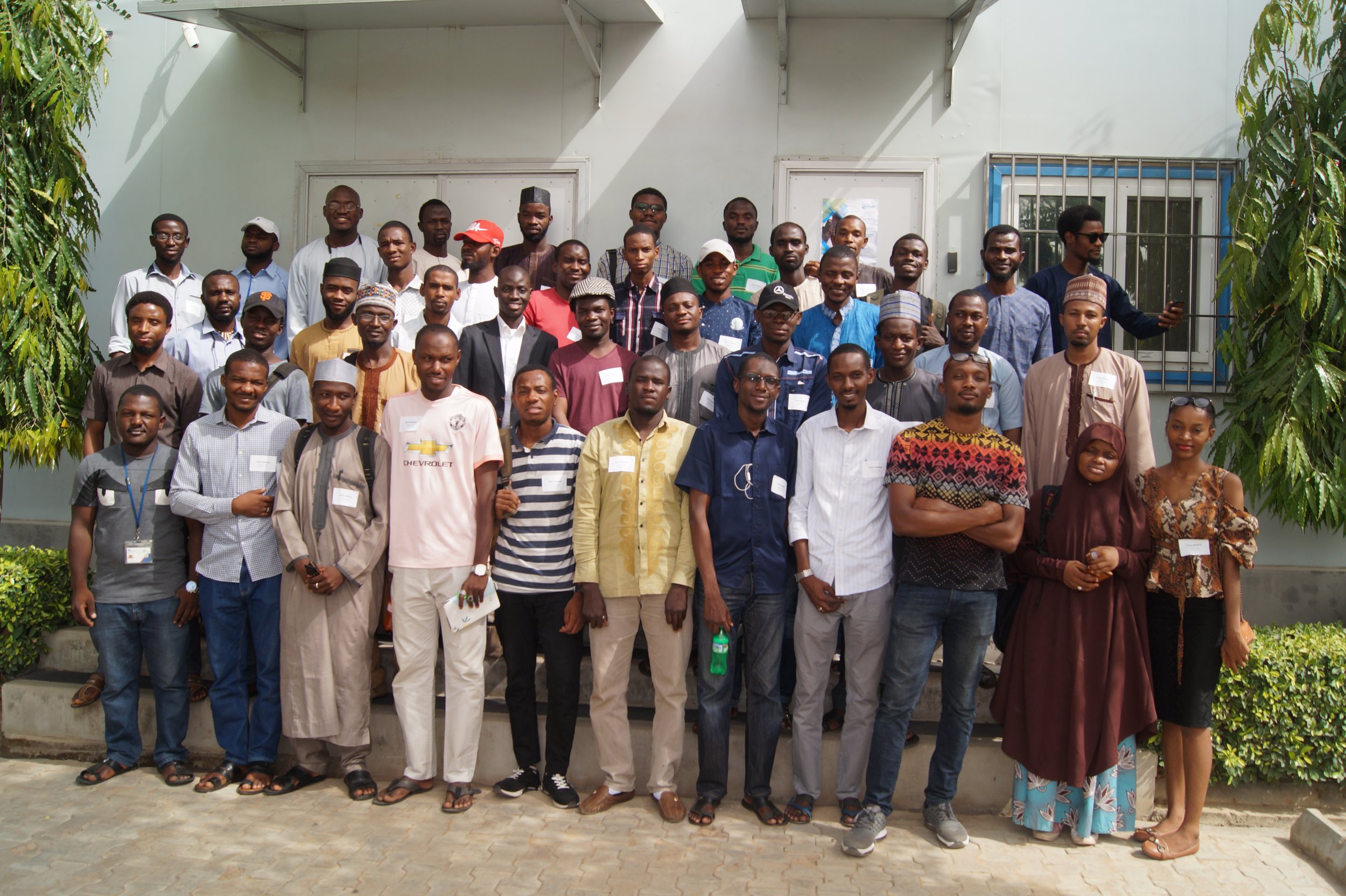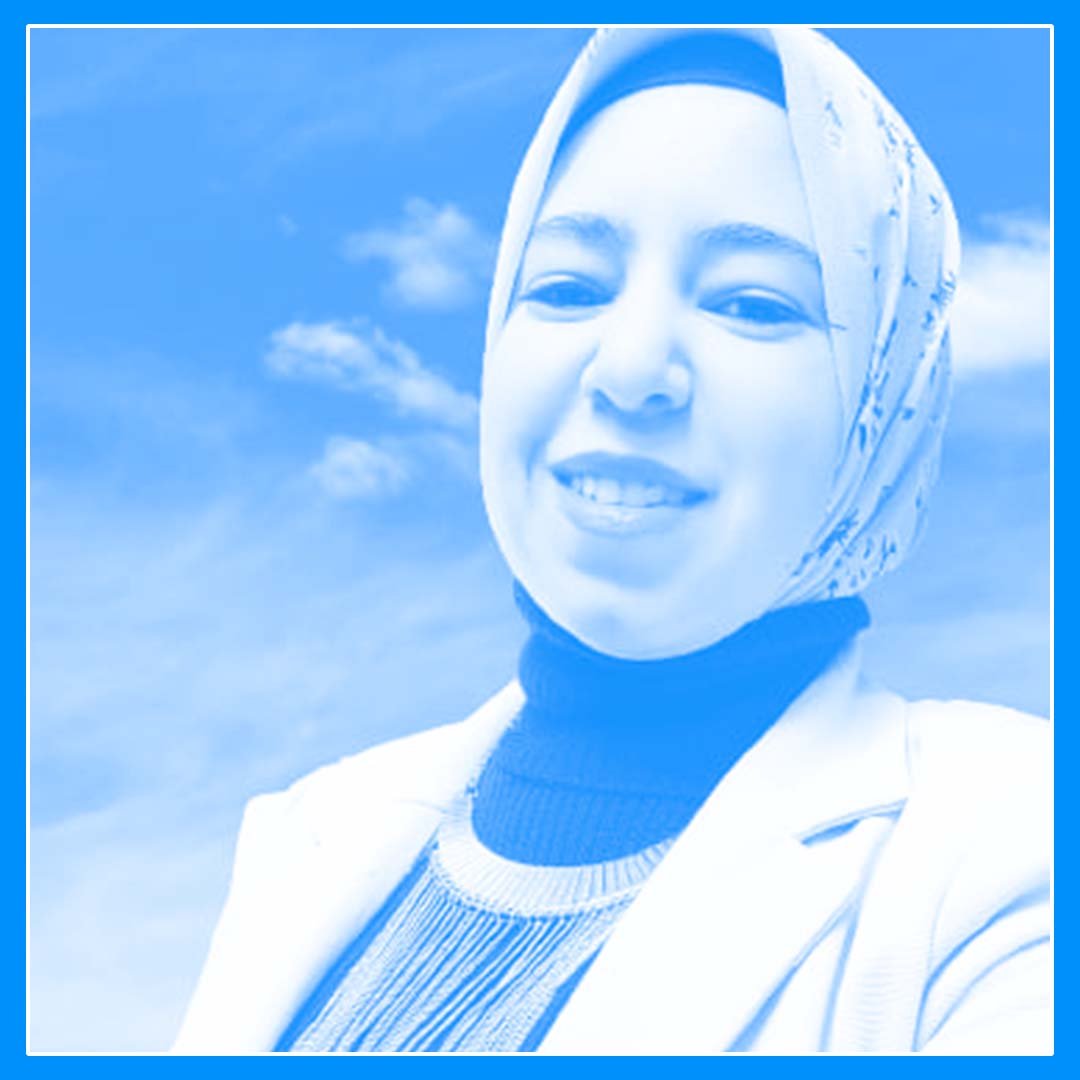Introduction:
In today's digital era, technology plays a pivotal role in addressing local challenges and improving communities' well-being. Recognizing this, eHealth Africa (eHA) has taken on the mission to share knowledge and empower the next generation of tech enthusiasts in Africa. With over a decade of experience in developing and deploying digital solutions across the continent, eHA established the eHA Academy, a training arm that has been at the forefront of equipping aspiring individuals with software development skills for over four years now. In this blog post, we'll delve into the transformative journey of Muflihat Abdulmajid, a graduate of the eHA Academy, and how the program paved the way for a promising career in software engineering.
Unveiling the eHA Academy:
eHA Academy is a renowned program that offers free training to individuals throughout Africa, irrespective of their technical background. The program's primary focus is to equip participants with the necessary skills to create digital solutions that contribute to healthier communities. Spanning nine months, the program consists of two phases: three months of intensive in-class live sessions followed by a six-month internship. By combining engaging live sessions, videos, challenging assignments, and practical projects, students acquire both theoretical knowledge and real-world experience, setting them on the path to success.
Muflihat's Transformational Journey:
Muflihat Abdulmajid's story exemplifies the transformative impact of the eHA Academy. Initially skeptical due to a lack of computer science or engineering background, Muflihat hesitated to apply for the program. However, after realizing that a technical background was not a prerequisite, Muflihat took the leap of faith and applied, securing a spot in the cohort.
Reflecting on the training experience, Muflihat shared, "At first, it was quite fierce and challenging because I didn't have a computer background. However, the small wins of completing a challenging task and the support from fellow students kept me motivated." The rigorous curriculum, comprising live sessions, videos, and assignments, pushed Muflihat beyond her comfort zone, helping her develop a strong foundation in HTML, CSS, and Javascript.
Internship and Career Opportunities:
The journey didn't end with the completion of the eHA Academy program. Muflihat's dedication and newfound skills led to an internship offer from eHealth Africa's software department. This internship proved to be an invaluable opportunity to apply the knowledge gained during the program and work alongside experienced software developers. Muflihat recalls, "The internship sharpened my skills further and opened the door to a full-time role as an associate software engineer within the software department at eHealth Africa."
The Impact and Gratitude:
Muflihat's testimonial is a testament to eHA Academy's transformative impact on aspiring tech enthusiasts. "The eHA Academy course was the birth of my career as a software engineer," Muflihat shares. "The joy and fulfillment I now have, being part of a team building software solutions for public health interventions here at eHealth Africa, is compared to none."
Muflihat expresses gratitude to the eHA Academy team, mentors, and tutors for their dedicated efforts in shaping her professional journey. "I will forever be grateful to the eHA Academy team, the mentors and tutors who have put in effort in shaping me into who I have now become and for grooming young Africans in the tech ecosystem."
Conclusion:
eHA Academy's commitment to empowering the next generation of tech enthusiasts in Africa has led to remarkable success stories like that of Muflihat Abdulmajid. By providing free training, bridging the gap between theoretical knowledge and practical experience, and fostering career opportunities, the program serves as a vital stepping stone for aspiring tech enthusiasts. Through eHA Academy, eHealth Africa continues to nurture young African talent, enabling them to make significant contributions to their communities and beyond.













